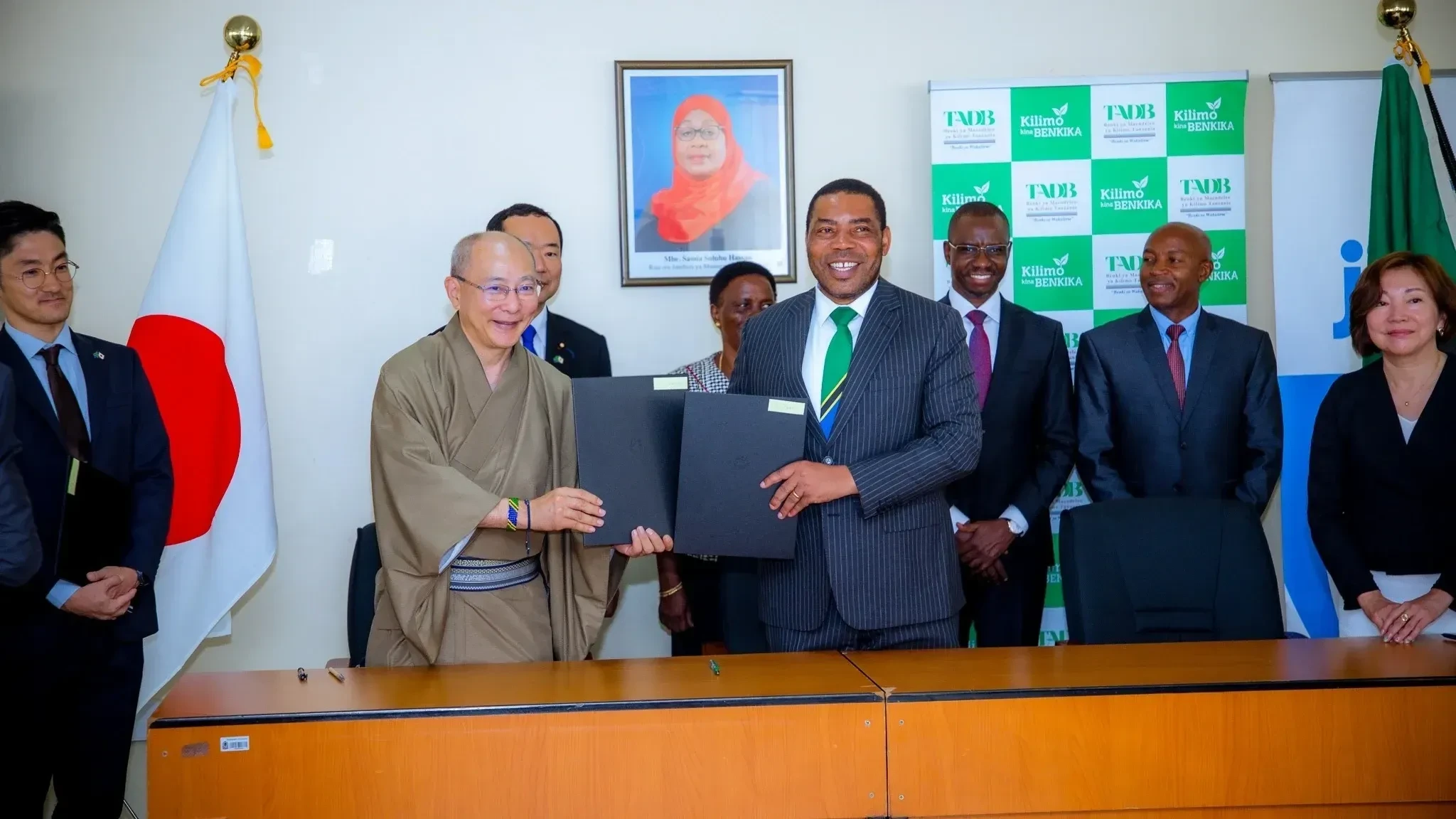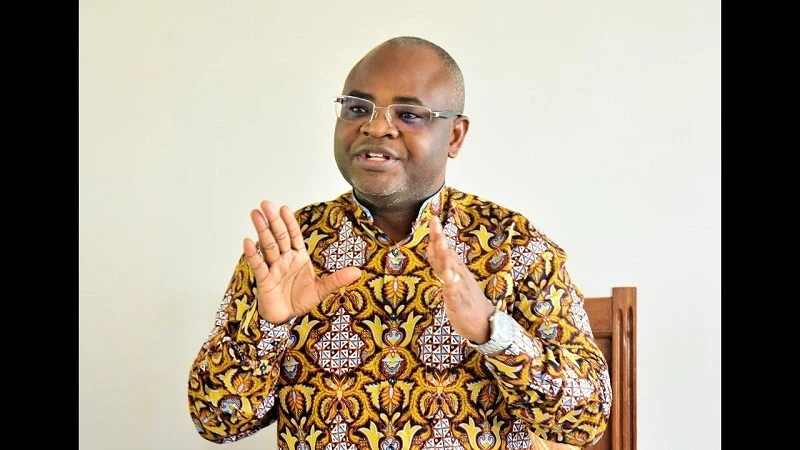Foreign investment executives can help boost local initiatives

ANOTHER investment and business forum took place in Dar es Salaam at the start of the week, with a delegation of 20 Japanese investment companies visiting the country to explore opportunities in agriculture, tourism and industrial production. An Industry and Trade deputy minister officiated at the opening of the forum with Japan, describing the forum as vital for industrial investment efforts.
He similarly saw the broadening of investment initiatives as a significant effort to strengthen bilateral ties between the two countries. Still, obvservers would think that Japan’s ties with Tanzania are anchored in development partnership rather than private sector investments. Yet, this aspect is changing to a certain extent, as companies in advanced countries seek to find openings in low wage countries, especially when there is a sizeable local market.
An affirmation that the Japanese companies have engaged with 50 Tanzanian firms to exchange knowledge, share technology and collaborate on joint business ventures was captivating, though its parameters remain unclear. A statistic that Japan's total investment in Tanzania has surpassed $11.4m, with 24 projects registered, bringing up more than 1,000 jobs shows that there is a relatively shallow presence of its private sector compared with its public assistance department. There is plenty of potential investment if all is set right,
At least there are discussions on making at the local level products that are currently imported, what experts in the past described as ‘import substitution’ industries. What was evident was that it is not clear that there is a substantive momentum towards putting up significant investment linkages, apart from exploratory talks on spheres of cooperation. From what top officials said, it was a matter of seeking advanced technologies from Japan, which is complicated.
Technology isn’t a product like a computer that one purchases and starts using, but a series of techniques and instruments ordinarily tied to copyright, fetching royalties if one seeks to use it. The best means of obtaining technology is purchasing a company and making it a subsidiary of a technology owner. The reason is that this way the subsidiary will not have to pay for the technology but share profits.
There is need for research at the local level to see how foreign companies seeking a foothold in the local market implant their activities, as various methods can be imagined. The best would require an open market economy where most big companies would be on the stock exchange, in which case a considerable purchasing of shares is possible. With a predominance of state firms in key sectors this option is closed out. However, seeking startups to nurture can work so that local firms get the technology they need.
Top Headlines
© 2025 IPPMEDIA.COM. ALL RIGHTS RESERVED

















